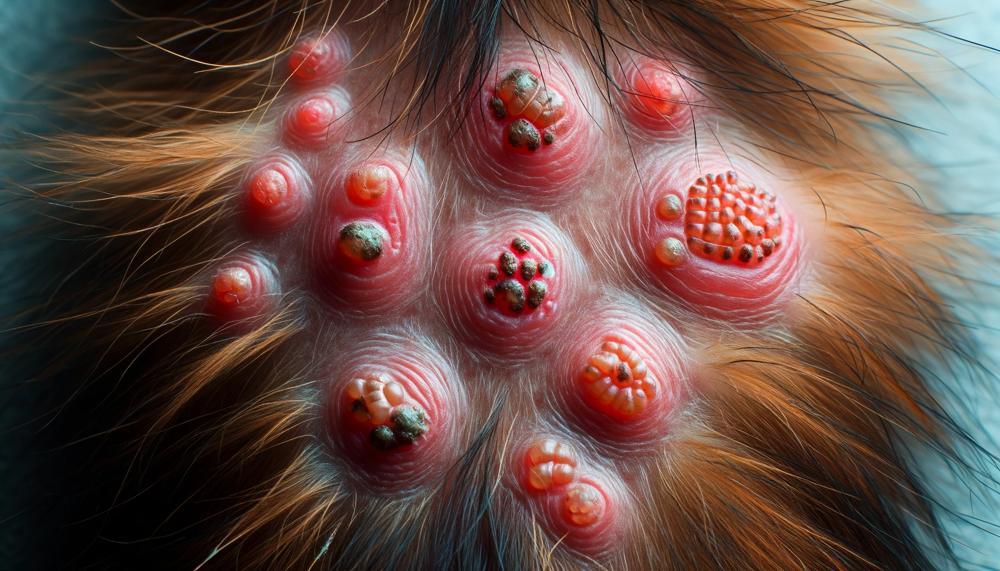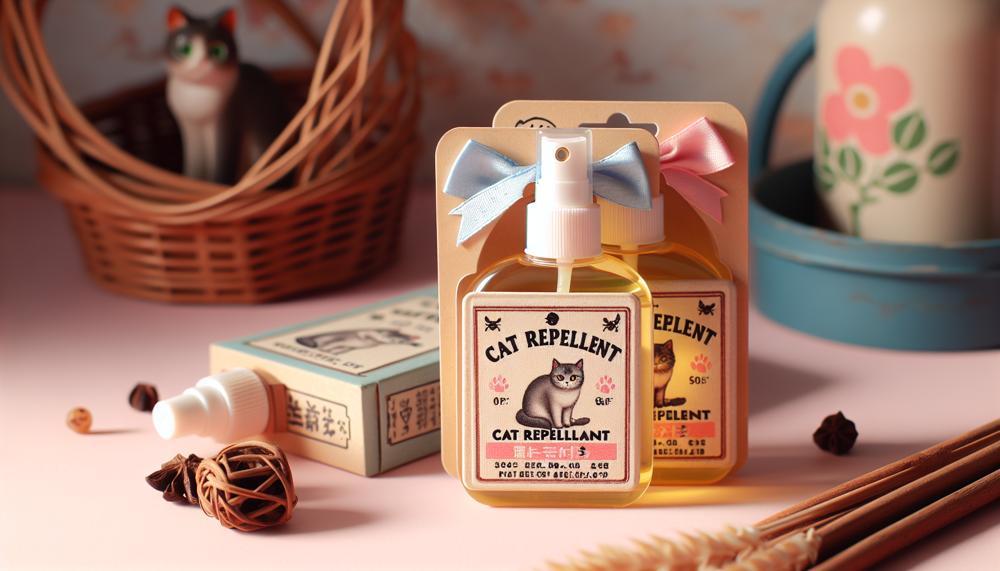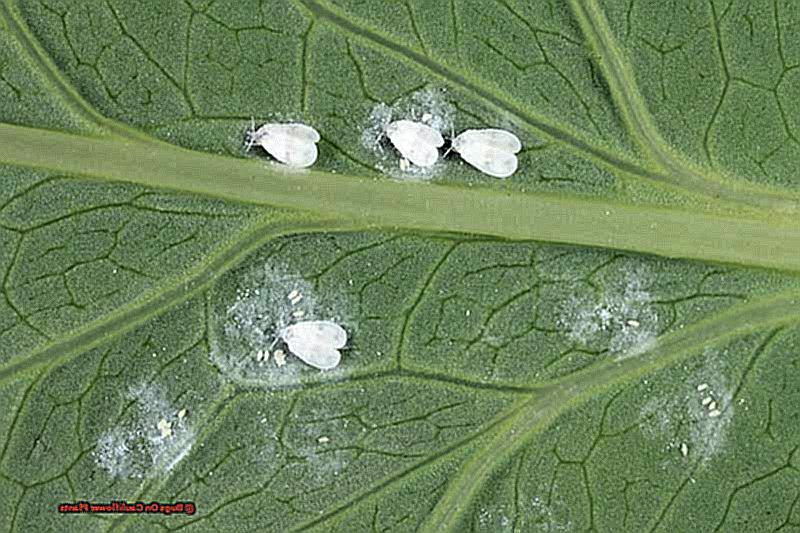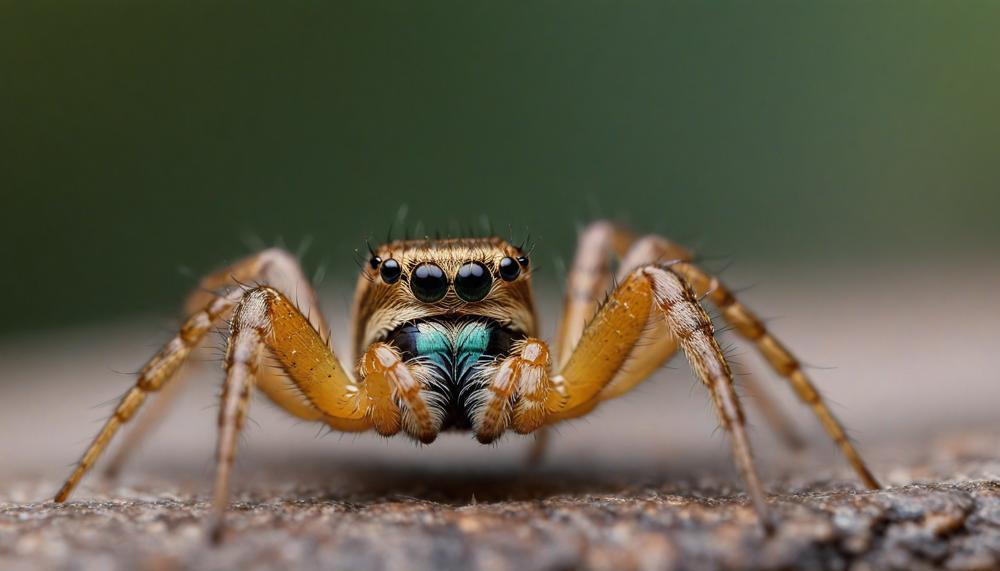People with skin problems often don’t notice the scars left by flea bites that are just below the skin’s surface, waiting to lash out. What do you know? A single flea can give off up to 400 bites, leaving behind red, itchy welts that can turn into ugly scars. These scars aren’t just an eyesore; they can also be painful and make you feel bad about yourself.
The body reacts to flea saliva, which leaves scars. This spit has an anticoagulant in it that keeps the blood from clotting, allowing the flea to feed for longer. When the body’s defense system senses spit, it releases histamine, which makes the skin red and itchy. Scratching the bites can make them sick, resulting in scars.
So, how do you get rid of flea bite scars?
Here are some steps you can follow to help get rid of flea bite scars:
- Exfoliate: Once the bite is no longer itchy and red, and if the skin is unbroken, you can speed up recovery by using gentle exfoliation. Scrubs to try include a gentle facial scrub, baking soda paste, sea salt, or an oatmeal paste.
- Moisturise: After exfoliating, and at regular intervals throughout the day, apply some moisturiser to the mark. Any mild moisturiser should work, but some suggestions include Bag Balm, Olive Oil, Aloe Vera, or Aveeno.
- Apply Sunscreen: Protecting your skin from the sun can help prevent further discoloration and damage.
- Eat a Healthy Diet: A diet rich in vitamins and minerals can help your skin heal.
- Use a Lightening Cream: You can buy a special cream at the pharmacy that will help eliminate the scar.
- Antibiotics: You can buy some antibiotics previously prescribed by your doctor to treat these painful scars on your skin.
- Pigmentation Laser: This is a more advanced treatment that can be used to treat the scars.
So, if you’re ready to bid farewell to those pesky flea bite scars and reclaim your smooth, radiant skin, keep reading. Together, we will embark on a journey to restore your skin’s natural beauty and leave those scars in the past.
Table of Contents
Prevention of Flea Bites
| Method | Description |
|---|---|
| Vacuum Regularly | Use a vacuum cleaner with a strong suction to remove fleas, eggs, and larvae from carpets, furniture, and other surfaces. Vacuum at least twice a week, and pay special attention to areas where your pets spend time. |
| Wash Pet Bedding | Wash your pets’ bedding, blankets, and toys in hot water (at least 140 degrees Fahrenheit) to kill fleas and eggs. Wash them weekly, or more often if your pet has a flea infestation. |
| Treat Pets with Flea Medication | Use a flea prevention medication on your pets to kill fleas and prevent them from reproducing. There are many different types of flea medications available, so talk to your veterinarian about the best option for your pet. |
| Use Flea Traps | Place flea traps in areas where your pets spend time to catch and kill fleas. Flea traps are available at most pet stores. |
| Keep Your Yard Clean | Keep your yard clean and free of debris, as this will help to reduce the number of fleas in your environment. Mow your lawn regularly, and remove any leaves, branches, or other debris that may provide a hiding place for fleas. |
Home Remedies for Flea Bites

| Flea Bite Symptom | Aloe Vera Benefits |
|---|---|
| Itching | Aloe vera contains anti-inflammatory compounds that can help to reduce itching and swelling. |
| Inflammation | Aloe vera’s cooling properties can help to soothe the skin and reduce inflammation. |
| Redness | Aloe vera’s antioxidant properties can help to reduce the redness and discoloration caused by flea bites. |
| Pain | Aloe vera’s numbing effect can help to reduce the pain and discomfort caused by flea bites. |
Medical Treatments for Flea Bite Scars
Flea bites can be a nuisance, and the scars they leave behind can be frustrating. Fortunately, there are a number of medical treatments that can help to reduce the appearance of flea bite scars.
- Calamine lotion is a common over-the-counter treatment for flea bite scars. It works by soothing itching and inflammation, and can help to prevent scarring.
- Hydrocortisone cream is another over-the-counter treatment that can help to reduce inflammation and itching. It is available in both prescription and over-the-counter forms.
- Antihistamines can help to relieve itching and swelling. They are available in both oral and topical forms.
- Scar creams can help to fade scars and improve skin texture. They are available in a variety of formulations, including gels, creams, and ointments.
- Laser therapy can be used to remove the top layer of skin, reducing the appearance of scars. Laser therapy is typically performed by a dermatologist.
- Microneedling is a minimally invasive procedure that creates tiny punctures in the skin. This stimulates collagen production, which can help to improve the appearance of scars.
- Chemical peels can be used to remove the top layer of skin, improving skin texture and reducing the appearance of scars. Chemical peels are typically performed by a dermatologist.
Natural Remedies for Flea Bite Scars
Aloe Vera Gel
Extract the gel from an aloe vera leaf.
Coconut Oil
Tea Tree Oil
Witch Hazel
Baking Soda
Tips for Preventing Flea Infestations
- Use flea prevention medication: Flea prevention medication is the most effective way to keep fleas away from your pets. These medications are available in a variety of forms, including topical treatments, oral medications, and collars.
- Groom your pet regularly: Regular grooming can help to remove fleas and flea eggs from your pet’s fur. Be sure to brush your pet’s fur thoroughly, paying special attention to the areas around the neck, ears, and tail.
- Vacuum your home frequently: Vacuuming can help to remove fleas and flea eggs from your home. Be sure to vacuum all of the floors, as well as the furniture and other surfaces where your pet spends time.
- Bathe your pet regularly: Bathing your pet can help to remove fleas and flea eggs from their fur. Use a mild shampoo and be sure to rinse your pet thoroughly.
- Use flea traps: Flea traps can be used to catch fleas that are already in your home. Place the traps in areas where your pet spends time, such as the living room or bedroom.
- Use chemical treatments: Chemical treatments can be used to kill fleas and flea eggs in your home. These treatments are available in a variety of forms, including sprays, powders, and foggers.
When to Seek Professional Help for Flea Bite Scars
| Signs of Infection | Symptoms | Treatment |
|---|---|---|
| Redness | The area around the bite is red and inflamed. | See a doctor immediately. |
| Swelling | The area around the bite is swollen and tender. | See a doctor immediately. |
| Pus | The bite is oozing pus or other fluids. | See a doctor immediately. |
| Fever | You have a fever of 100.4°F (38°C) or higher. | See a doctor immediately. |
| Chills | You have chills and sweats. | See a doctor immediately. |
| Nausea | You feel nauseous or vomit. | See a doctor immediately. |
| Diarrhea | You have diarrhea. | See a doctor immediately. |
Flea bites are a common problem, especially during the summer months. Most flea bites will heal on their own within a few weeks. However, in some cases, the bites can become infected or cause scarring.
If you think you may have a flea bite infection, it is important to see a doctor right away. The doctor can prescribe antibiotics to treat the infection and help prevent scarring.
There are several things you can do to help prevent flea bites, including:
- Wearing long sleeves and pants when you are in areas where fleas are common.
- Using insect repellent that contains DEET or picaridin.
- Keeping your pets free of fleas.
- Vacuuming your home regularly.
If you do get a flea bite, it is important to keep the area clean and dry. You can also apply a cold compress to the bite to help reduce swelling and itching.
Conclusion
People with skin problems often don’t notice the scars left by flea bites that are just below the skin’s surface, waiting to lash out. These ugly remains of a flea’s meal can be painful, embarrassing, and a constant memory of an unpleasant interaction. Don’t worry, though; there is a light of hope in the dark gloom.
Join us on a journey to get your skin back to its original state as we explore the depths of flea bite scar removal. For those annoying scars, we’ll give you a full arsenal of herbal and surgical treatments.
We’ll show you how to bring back your skin’s natural glow, using everything from the soothing warmth of aloe vera to the pinpoint accuracy of laser therapy. Find out the power of avoidance, including how to keep those annoying fleas away and keep your skin clear.
Remember that you’re not the only one who has to deal with scars from flea bites. You can get your skin back to its perfect state with the right information and a little persistence. Therefore, let us begin this life-changing trip together and finally get rid of those bothersome scars.





